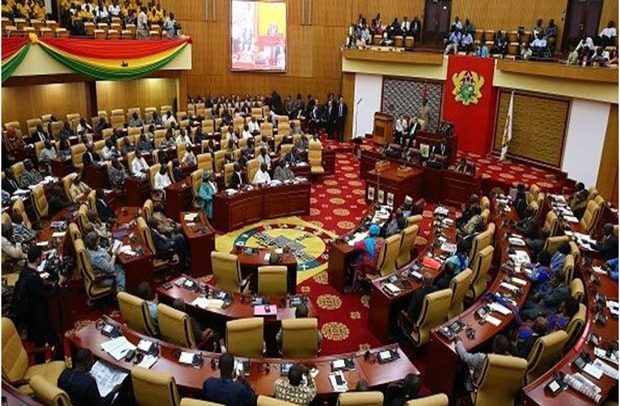In a consensus decision, Ghana’s Parliament has adopted the Committee Report urging the passage of the highly contested “Promotion of Proper Human Sexual Rights and Ghanaian Family Values Bill, 2022.”
This bill targets LGBTQI+ promotion and related activities in the country, and it is expected to go through its second reading later today.
The bill, which has attracted significant attention and generated passionate debates within Ghanaian society, seeks to ban all forms of LGBTQI+ activities in the country. If passed into law, it would have far-reaching consequences on how LGBTQI+ individuals engage with society and express their identities.
Proponents argue that the bill aligns with Ghanaian cultural and moral values, aiming to preserve traditional family structures and promote societal cohesion. They assert that such legislation is necessary to ensure that Ghana’s legal framework reflects the cultural norms and societal expectations of its citizens.
On the other hand, critics of the bill argue that it infringes on the human rights and freedoms of LGBTQI+ individuals. They contend that this proposed legislation would contribute to further marginalization and discrimination faced by the LGBTQI+ community in Ghana. Human rights organizations and international bodies have also voiced concerns about the potential violation of international human rights standards.
The second reading of the bill offers an opportunity for Parliamentarians to address various concerns and evaluate its potential impact on Ghana’s legal framework and human rights commitments. It is expected that lawmakers will engage in rigorous deliberations to explore alternative approaches and amendments.
While this bill has generated strong opinions on both sides, these discussions signify the importance of open dialogue and democratic processes.
The outcome of these discussions and the final decision made by Parliament will undoubtedly have significant implications for the LGBTQI+ community, as well as for Ghanaian society as a whole.
As the debate progresses, it is essential for all stakeholders to approach this matter with empathy, respect, and a commitment to upholding human rights principles. It is also crucial for Ghanaian society to engage in constructive conversations regarding the diversity and inclusion of all its citizens, ensuring that no individual or group faces unjust discrimination or marginalization.
The international community will likely continue monitoring these developments and may express their opinions on the matter. The outcomes of Ghana’s legislative process regarding LGBTQI+ rights will also inform broader conversations around LGBTQI+ rights and activism internationally, amplifying the need for constructive dialogue and mutual understanding.
By Vincent Kubi

